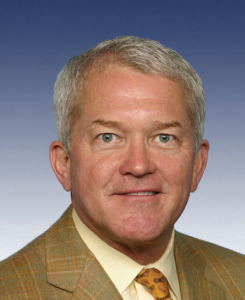“Public Figures/Public Sex”
Conclusion
The best defense of Foley came from comedian Bill Maher in October 2006, who was confused by the fact that “[m]ore young Americans were crippled in Iraq last month than in any month in the past three years. And the scandal is that Mark Foley wants to show them a good time before they go? When will our closeted gay congressmen learn? Our boys aren’t for pleasure. They’re for cannon fodder.” Maher correctly turns our attention to the excess of significance that sex is given in public discourse, but even he declares that Foley “was wrong to ask teenagers how long their penises were.” Maher’s point here is that the Iraq war is immoral and that a focus on the sexual proclivities of a gay Congressman is a waste of time, and though Foley is not the target of Maher’s polemic, he is certainly the butt of his jokes.
The lack of significant public support of any kind for Foley, while unsurprising, means that the sex negativity and inflated significance of sexuality that have surrounded this scandal have worked to reinforce the sexual hierarchy already in place—the sexual hierarchy Gayle Rubin described in 1984 in “Thinking Sex.”
When anti-gay activists such as homophobic pastor Ted Haggard are suddenly revealed to be sexual deviants, GLBT media outlets often react with glee. These homophobic and sex-phobic polemicists, so the thinking goes, deserve to have their private lives exposed to the public, since they have so often and so virulently involved themselves in vilifying and invalidating the private lives and sexual practices of others. It is difficult for a newsperson (or indeed a consumer of such news) to refrain from taking pleasure in the exposure of such hypocrisy. I don’t blame these reporters and commentators. I feel like celebrating, too. But I am beginning to believe that this response, while undeniably enjoyable and temporarily vindicating, does more harm than good, reinscribing what Rubin calls sex negativity, awarding disproportionate social significance to sexual activity, and reinforcing the status quo of sexual hierarchy that values married, heterosexual, reproductive sex as the ideal form of sexual expression. If the legislation of sexuality needs to change—and we can probably all agree that it does—using deviant sexuality to shame public figures, even if they have shamed us in the past, is surely an ineffectual way to accomplish the goal of greater sexual freedom for all.



